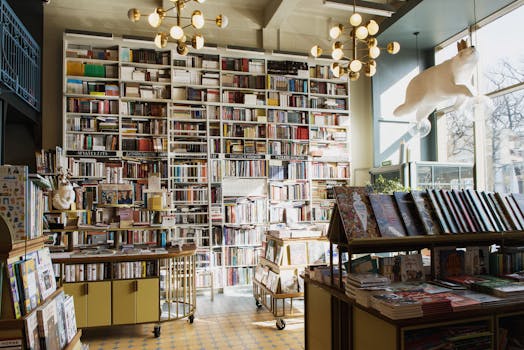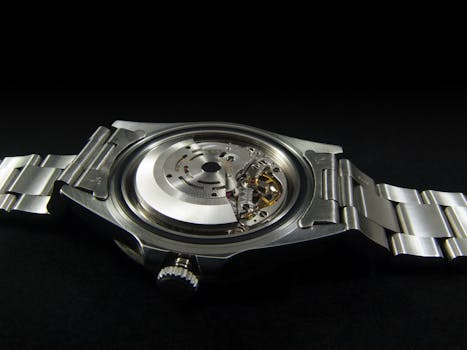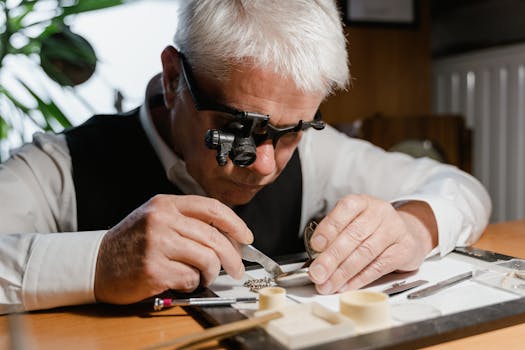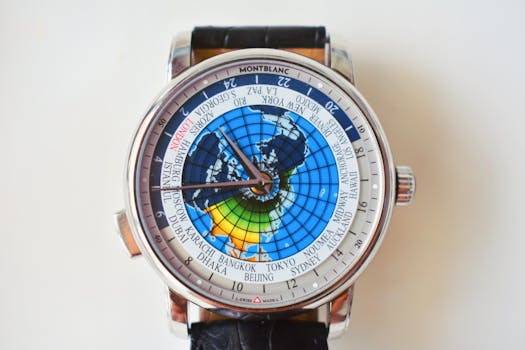Takeaways
- Luxury jets are increasingly focusing on sustainability and eco-friendly technologies.
- The integration of advanced materials and designs is enhancing passenger comfort and experience.
- Technological advancements, such as AI and improved avionics, are set to revolutionize the private aviation industry.
- Emerging markets and the demand for bespoke travel experiences are driving innovation in the luxury jet sector.
Introduction to Luxury Jets in the Future
Luxury jet airplanes have been synonymous with opulence and convenience, but as we look towards the future, the industry is poised for significant transformations. Innovations in technology, design, and sustainability are shaping the next generation of private aviation, catering to the evolving needs of affluent travelers. This article delves into the latest news and trends about luxury jets, highlighting how they are set to redefine the flying experience.
Sustainability: The New Standard for Luxury Aviation
As the world grapples with climate change and environmental concerns, the luxury aviation sector is stepping up to the challenge. The future of luxury jets lies in sustainable aviation technologies. Manufacturers are increasingly investing in research and development to create eco-friendly aircraft. For instance, the introduction of sustainable aviation fuel (SAF) is a game-changer, allowing jets to reduce their carbon footprint significantly. Leading companies like Bombardier and Gulfstream are exploring SAF in their operations, promising a future where luxury travel is not only lavish but also responsible.
Moreover, electric and hybrid-electric propulsion systems are gaining traction. These technologies can drastically cut emissions and operating costs, making them attractive options for the luxury market. For example, the Alice electric aircraft by Israeli company Eviation is poised to make waves in the industry, offering zero-emission flights for short-haul trips.
Beyond propulsion, luxury jet manufacturers are also focusing on lightweight materials and energy-efficient designs. Carbon fiber and advanced composites are becoming staples in aircraft construction, reducing weight and enhancing fuel efficiency. This shift not only contributes to sustainability but also improves performance and speed, aligning with the expectations of discerning travelers.
Technological Advancements: Enhancing the Luxury Experience
The integration of cutting-edge technology is another hallmark of future luxury jets. The introduction of smart cabin systems is revolutionizing how passengers interact with their environment. These systems allow travelers to control lighting, temperature, and entertainment options through their personal devices, creating a personalized flying experience.
Artificial Intelligence (AI) is also playing a crucial role in enhancing luxury aviation. AI-driven flight management systems can optimize flight paths, reduce fuel consumption, and enhance safety measures. Furthermore, AI can assist in predictive maintenance, ensuring that jets are always in peak condition, thereby minimizing downtime for owners.
In-flight connectivity continues to evolve, with high-speed internet becoming a standard feature in luxury jets. Passengers can now stay connected with their businesses or enjoy seamless streaming services, making long flights more productive and enjoyable. The demand for high-definition video conferencing capabilities is also rising, allowing professionals to conduct meetings from the comfort of their aircraft.
Redefining Luxury: Customization and Personalization
As the luxury travel market grows, so does the demand for bespoke experiences. Future luxury jets are set to offer unparalleled levels of customization. From unique interior designs to personalized in-flight services, manufacturers are striving to create a unique travel experience tailored to individual preferences.
Leading brands like Dassault and Embraer are offering clients the opportunity to collaborate with designers to create interiors that reflect their personal style. Features such as private bedrooms, full-sized bathrooms, and gourmet kitchens are becoming more common, ensuring that every aspect of the journey is luxurious.
The rise of experiential travel is also influencing jet design. Luxury travelers are seeking unique experiences, such as onboard spas, movie theaters, or even virtual reality setups. This trend is pushing manufacturers to think outside the box and deliver imaginative solutions that enhance the overall travel experience.
The Market Landscape: Emerging Trends and Opportunities
The luxury jet market is witnessing unprecedented growth, driven by emerging economies and a rising number of high-net-worth individuals. Regions like Asia and the Middle East are seeing a surge in demand for private aviation, prompting manufacturers to cater to these markets with tailored offerings.
As the industry evolves, the focus on sustainability and technology will continue to dominate discussions. Companies that embrace innovation and prioritize eco-friendly practices are likely to lead the pack. Additionally, partnerships with tech firms and luxury brands will become increasingly common, as manufacturers seek to integrate the latest advancements into their jets.
In summary, the future of luxury jet airplanes is bright, characterized by sustainability, technological advancements, and an unwavering commitment to enhancing the passenger experience. As these trends unfold, the industry is set to redefine what it means to travel in style.






